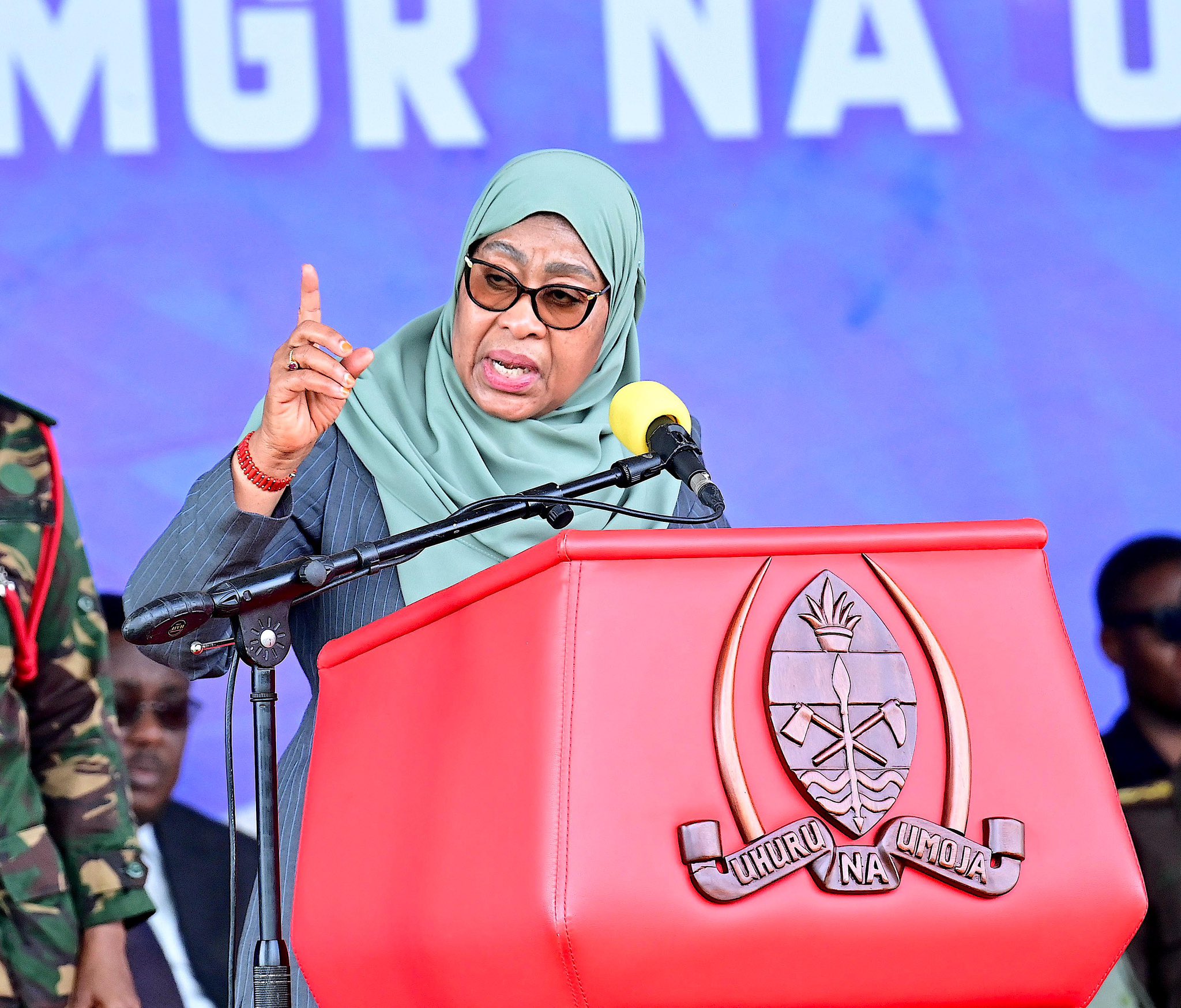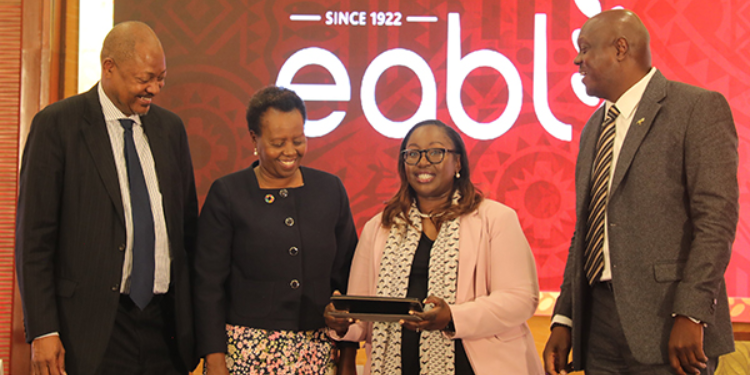The role of young women in driving development has become increasingly recognized across the globe, especially in regions where youth form a significant portion of the population. Empowering young women is essential to fostering sustainable development because they are vital contributors to economic growth, social progress, and community well-being. Despite the challenges they often face, including gender bias, limited access to resources, and cultural barriers, young women are emerging as powerful agents of change. This article explores the importance of young women in development, the unique challenges they encounter, and ways to amplify their impact on society.
The Power of Young Women in Development
Young women play a multifaceted role in the development process, contributing across sectors such as education, health, business, technology, and social change. As educated individuals, they are more likely to improve the health, education, and overall well-being of future generations, helping to break cycles of poverty and disadvantage. In their communities, young women advocate for social justice, environmental sustainability, and policy changes that benefit everyone. They also contribute directly to economic growth through entrepreneurship, innovation, and participation in the labor market.
In many countries, youth participation in the labor force is increasing, and young women are entering fields previously dominated by men, such as engineering, information technology, and finance. As participants in the global economy, young women can raise standards of living, support their families, and make significant contributions to their communities. When they are active in the workforce and achieve economic independence, they can advocate more effectively for their rights and make choices that promote their well-being and that of society.

Education and Economic Empowerment
Education is a powerful tool for empowering young women and promoting sustainable development. Young women who receive quality education are more likely to pursue further studies, obtain well-paying jobs, and have a greater influence on community and national issues. Educated women have higher earning potential, are less likely to be married off early, and are better able to invest in their families and communities. By focusing on education for young women, societies not only enhance the lives of these women but also foster long-term economic growth.
Also Read: Meet Six Women Leaders Challenging Gender Biases in Kenya
Beyond education, access to financial resources and entrepreneurial opportunities is vital for young women’s economic empowerment. Programs that provide financial literacy, mentorship, and access to capital can enable young women to start their own businesses and become financially independent. When young women are economically empowered, they contribute more to their families and communities, fueling the broader economy. Microfinance initiatives, community savings groups, and business development training are examples of effective methods to support young women entrepreneurs.
Social and Political Leadership
Young women are increasingly taking on leadership roles in social and political spaces, shaping policies and driving change in their communities. Leadership development programs, community organizing, and advocacy training are essential tools that equip young women with the skills and confidence to assume these roles. In recent years, young women have organized grassroots movements and have taken leadership in climate action, gender equality campaigns, and community development projects.
When young women participate in decision-making processes, they bring perspectives that reflect their unique experiences and needs, leading to more inclusive policies. Their voices are essential in promoting gender equity and ensuring that development policies address the specific challenges women face. Moreover, young women leaders can inspire others to engage in civic activities, vote, and hold leaders accountable, thus strengthening democratic processes.
Technology and Innovation
Young women are increasingly engaging in technology and innovation, leveraging digital tools to create solutions that address community and societal challenges. In fields such as artificial intelligence, software development, and data science, young women are pioneering innovations that improve access to healthcare, education, and financial services. This contribution is crucial for modern economies that rely on technology to drive growth and development.
Also Read: 4 African Women Trailblazers in Championing Peace and Security
Technology also provides a platform for young women to network, share knowledge, and collaborate on projects that advance sustainable development. Social media, for example, has enabled young women to create awareness on issues like gender-based violence, climate change, and mental health. Through technology, they can mobilize support, drive campaigns, and reach a broader audience, amplifying their voices and impact.
Challenges Faced by Young Women
While young women have the potential to contribute significantly to development, they often face a range of barriers that limit their opportunities. Cultural and societal norms may restrict young women’s access to education, especially in rural areas or low-income countries. In many societies, young women are expected to prioritize family responsibilities over personal development, limiting their chances to pursue education or careers.
Economic barriers also play a significant role. Access to financial resources and job opportunities is often limited for young women, particularly in male-dominated industries. Gender-based discrimination, pay inequality, and lack of mentorship further hinder their ability to succeed. In some regions, restrictive laws and policies make it challenging for young women to access basic services such as healthcare, land ownership, or bank accounts, stifling their economic empowerment.
Moreover, gender-based violence remains a pervasive issue that affects young women’s safety and mental health. Violence against women and girls, whether in the form of domestic violence, harassment, or trafficking, can have a long-lasting impact on their ability to participate in community and economic life. Ensuring that young women can grow and thrive without the threat of violence is crucial for their development and contribution to society.
Follow our WhatsApp Channel and join our WhatsApp Group for real-time news updates.








































































